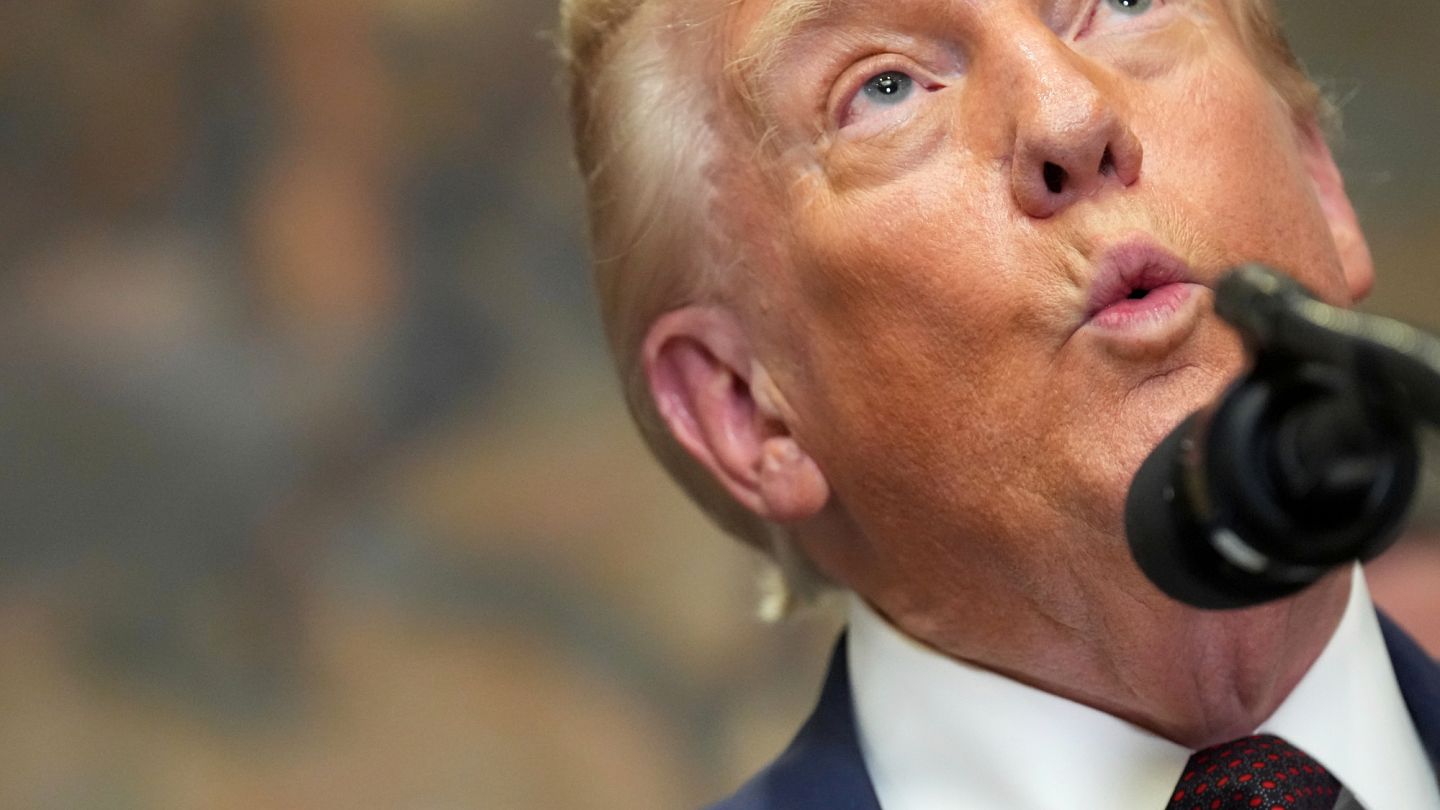Trump announces new tariffs across the globe, delays deadline by seven days
Numerous countries around the world are facing the prospect of new tariffs on their exports to the United States on 7 August, as they haven't yet reached a trade deal with the Trump administration.
US President Donald Trump signed an executive order that imposed new tariffs on dozens of countries, which will go into effect in seven days, a deadline that has been delayed by a week so that the tariff schedule could be updated. To many, the tariff hikes do not come as a suprise, as the Republican President initially announced them in April. Trump had set a minimum 10% tariff on every country in the world and additional levies on dozens deemed the worst offenders, citing deficits and unfair trade practices with the US.The US President delayed the deadline of the tariff implementation, dubbed "Liberation Day," several times, giving trading partners the opportunity to negotiate. Some of them were able to negotiate an agreement and even reach tariff-reducing deals.A 15% tariff rate for the EU, for example, was decided on after European Commission President Ursula von der Leyen reached a political agreement with Trump on Sunday.Some countries, however, were unable to negotiate, injecting them with a new dose of uncertainty. And for some, higher tariffs were put into place than initially promised. Brazil, with 50% tariffs on its imported goods, and Canada with 35% are among the hardest hit, followed by 39% for Switzerland, 25% for India, and 20% for Taiwan.Trump issued a separate order for Canada, stating a tariff raise from 25% to 35%, citing the cross-border flow of fentanyl.The announcement from the White House late Thursday said Canada had failed to “do more to arrest, seize, detain or otherwise intercept ... traffickers, criminals at large, and illicit drugs.”Earlier on Thursday, the US President had also said Canada's announcement that it will recognise Palestine as a state as the reason it would be "very hard" for the US to reach a trade agreement with its northern neighbour. Similarly for Brazil, Trump's tariff decision seemed more about political revenge, as the Republican President directly linked the 50% rate to the trial against former Brazilian President Jair Bolsonaro, which Trump called a "witch hunt."The curveballs sharply contrast with Trump's decision on Mexico, to whom he granted a 90-day extension to continue trade negotiations. Trump has previously said the tax increases on nearly $3 trillion worth of imported goods would bring new wealth, create new factory jobs, reduce budget deficits, and get other countries to treat the US with more respect.


